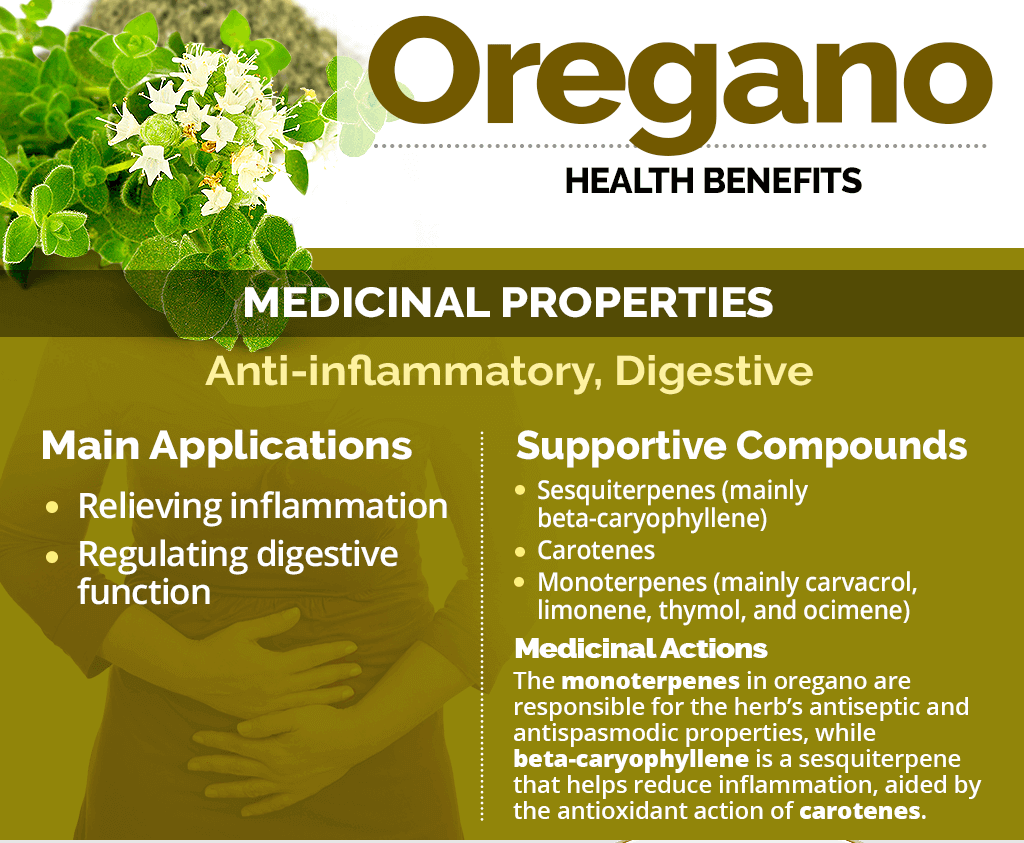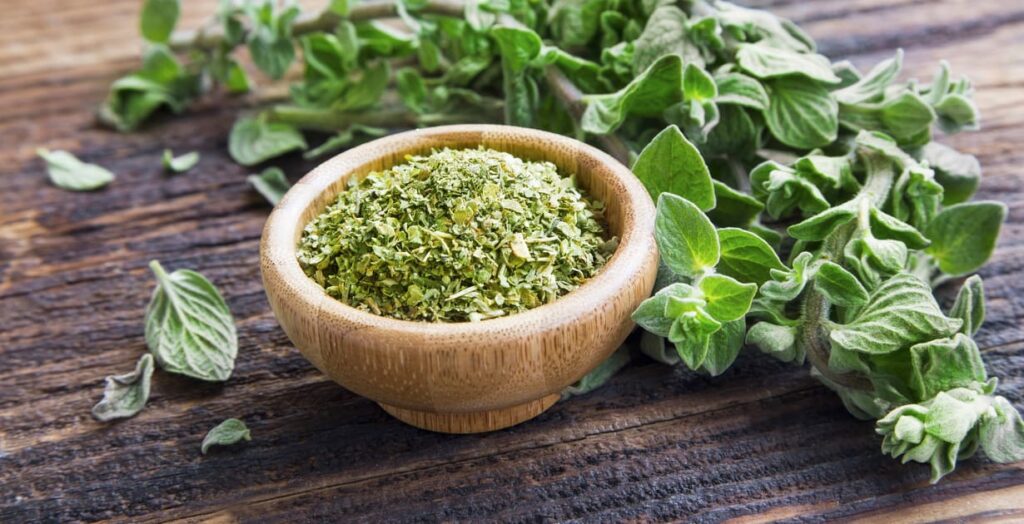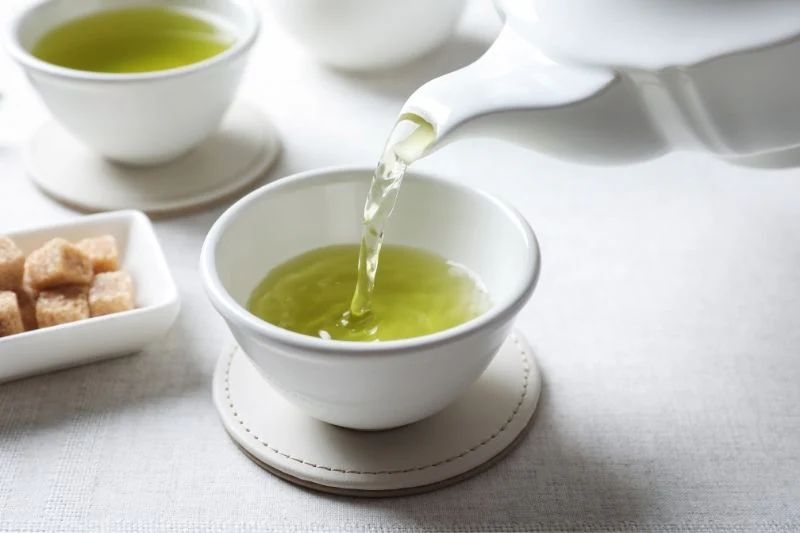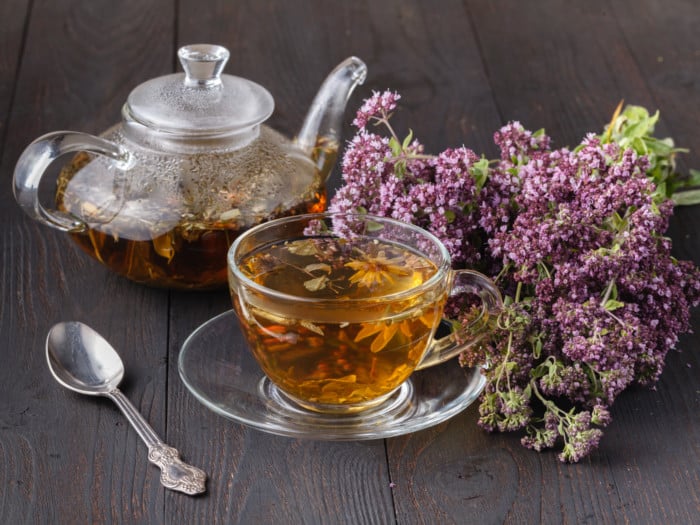Introduction
Although Oregano frequently used in cooking, it is occasionally used medicinally. People may drink this herb tea to treat coughs, indigestion, or colds. While the chemicals in this may have antibacterial or anti-inflammatory properties, the advantages to health have not been established. The numerous health advantages of steeping dried herb leaves in tea are covered in this article.
This herb, can be used whether fresh or dried. Its flavor is characterized as earthy, spicy, peppery, or pungent, with hay or mint overtones. It goes well with Mediterranean foods including pasta, meats, fish, poultry, and tomato sauces. This plant’s leaves are utilized in cooking and tea-making. Many substances found in herbs have the potential to impact the body. The quantity of a herb utilized in meals might not have any significant effects because these consequences can be minor. Phenolic monoterpenes, phenolic acids, and flavonoids (such as apigenin, eriodictyol, dihydroquercetin, dihydrokaempferol, and thymol) are some of the active ingredients in this.
Health Benefits
Research has been done on oregano as a herbal treatment. But not enough research has been done to support a specific recommendation for any one illness. It is too early to conclude that brewing in the tea would have any positive health effects. It is believed that it may possess the following qualities:
- Antimicrobial
- Anti-tumor

- Anti-inflammatory
- Antioxidant
- Antispasmodic
There are also a lot of different species (about 70), and each one has a different set of active ingredients. Furthermore, processing and/or cooking methods used on the oregano may change the components. There is not enough data to support the usage of dry oregano; most oregano research has focused on oregano essential oil or extract. Carvacrol and thymol phenols, which possess antibacterial and antioxidant qualities, are most abundant in oregano oil and extract. Research was frequently conducted on lab animals or research subjects rather than humans, yielding data that is not necessarily applicable to human usage. Because of all of this, it is difficult to comprehend potential health effects.
Antimicrobial Properties
Flavonoids and polyphenols, two compounds found in this herb, may have antibacterial properties. This indicates that they are capable of fighting germs and may even hinder their growth within the body. That being said, there isn’t much data linking oregano to the ability to combat bacteria.
Anti-Inflammatory Effects
This herb and other plants contain chemicals called flavonoids and phenolic acids that have anti-inflammatory properties. When the body reacts appropriately to anything, like a cold virus, it might cause inflammation. However, if inflammation is not controlled, it can result in illness and even cancer. Yes, oregano contains flavonoids, but little is known about how they affect people.

Anti Viral Effects
Oregano oils have the ability to inhibit the growth of several organisms, including certain dangerous viruses. This suggests that it might be useful in the treatment or avoidance of specific illnesses. According to a study, by lowering bacterial contamination, using a cream including oregano extract helped lower the chance of surgical site infection. Some respiratory viruses, particularly one that can cause life-threatening respiratory infections in infants, were successfully combatted by oregano essential oil.
Antioxidant Effects
Free radicals are unstable chemicals that have the potential to harm body cells. It is believed that the harm they inflict is connected to the emergence of cancer and other illnesses. Free radicals can be disrupted by an antioxidant, perhaps averting this harm. It is believed that oregano has antioxidant properties since it contains antioxidants. The degree to which it effectively neutralizes free radicals is unknown, though.
Anti Spasmodic Effects
Compounds known as anti spasmodic affect the smooth muscles in the gastrointestinal tract. These muscles may contract as a result of certain illnesses, like irritable bowel syndrome (IBS), which may result in pain, diarrhea, or other side effects. Phytochemicals found in oregano may have antispasmodic properties. But oregano is not advised as an antispasmodic because it has not been thoroughly investigated.
Learn More About Spasmodic Effects.
How to Make Oregano Tea
- One tablespoon of dried herb or two tablespoons of fresh herb leaves should be steeped in boiling water for two to four minutes to make oregano tea.
- You can use an already prepared tea bag or the oregano from the exact same spice jar that you use for cooking. Additionally, some cultivate plants and consume the leaves in tea or meals.

- Some people may find it necessary to add seasoning to oregano tea due to its powerful taste. Two common tea additives are honey and stevia. It’s advisable to drink this herb tea in small amounts, such as two or three cups a day, as there may be negative effects.
- Some people use the antibacterial qualities of this tea to apply it to their skin.

